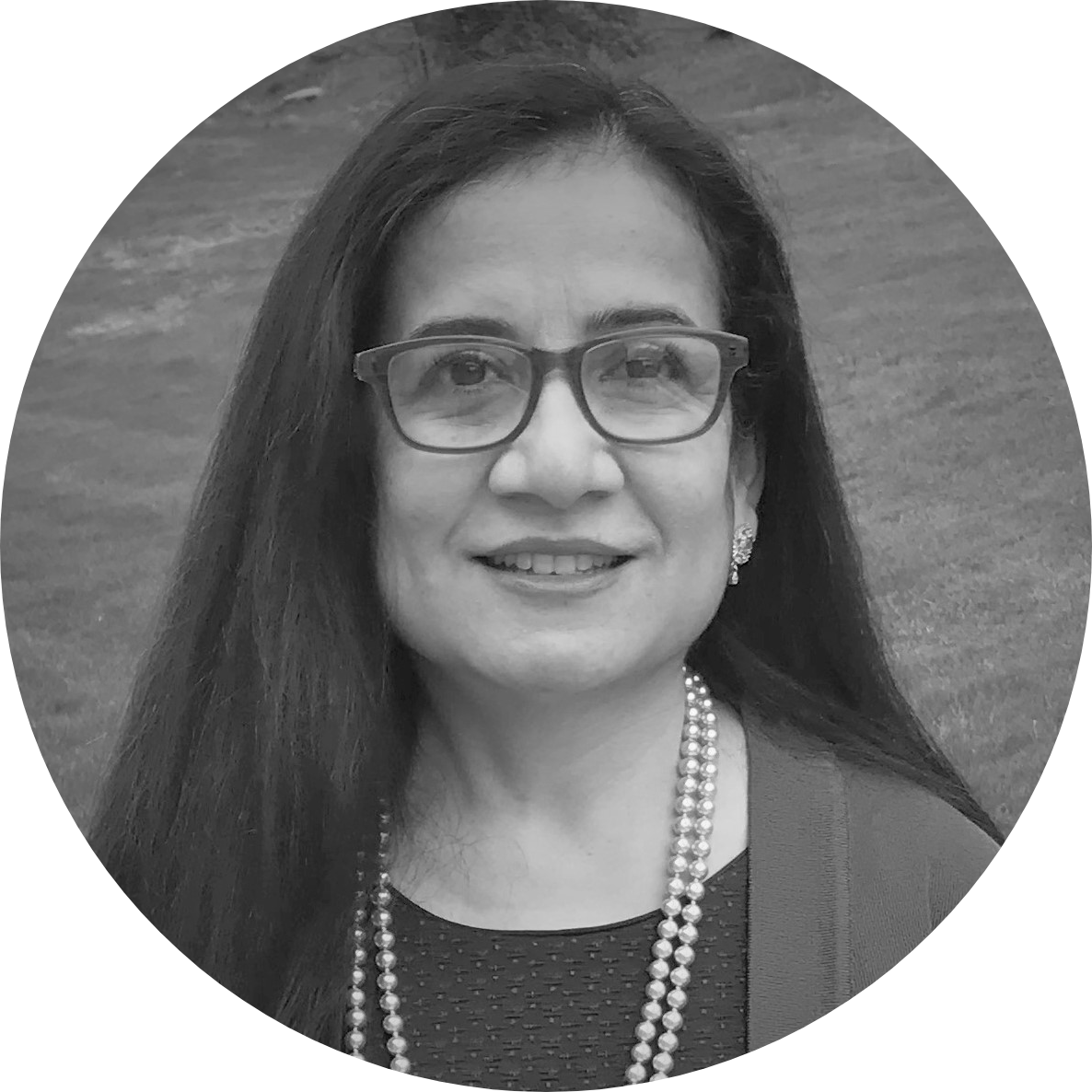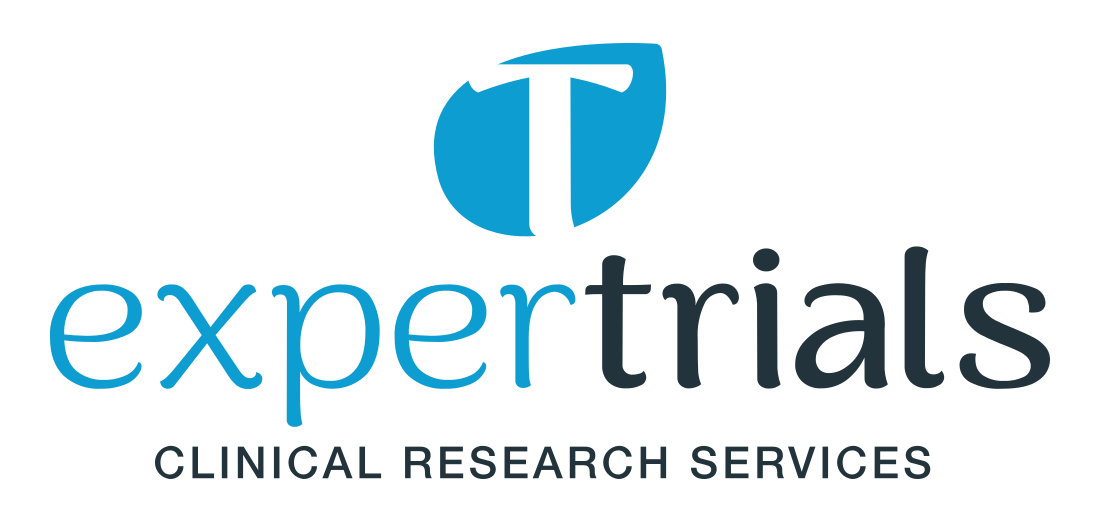
Interview with Ghazala Kabani, Head of Clinical Operations in the U.S. at ExperTrials
ExperTrials is happy to welcome Ghazala Kabani into its team. She will act as Head of Clinical Operations in the United States as well as Senior Clinical Project Manager. With more than 29 years of experience, Ghazala has had an outstanding career growth. In this interview, she explains how she went from being a public health nurse in Pakistan to a clinical trials professional in the U.S. She tells us about the positions she has held as Head of Clinical Operations at several leading pharmaceutical, biotechnology, and medical device companies, and how she finally made her dream of becoming an independent Expert come true. Enjoy reading the portrait of this inspiring and ambitious woman professional!
You grew up in Pakistan, but have worked most of your life in the United States. Can you tell us what led you from being a nurse in Pakistan to being a clinical trials professional in the United States?
I started my studies at the Aga Khan University School of Nursing in Karachi in 1985. I got my diploma in nursing in three years and my diploma in midwifery in one additional year. I am a registered nurse and midwife. The Bachelor of Science in Nursing was first introduced in Pakistan as I started my nursing studies so it took me eight years of studying as a whole to get it, including two years of work experience. It is no longer that long! Nursing was a very new profession for many women at the time in Pakistan. I loved it!
I first worked as a community-health nurse doing research in rural areas. Our goal was to improve access to health care for women and children. The mortality rate amongst kids was quite high in the 1990S there. At the time, Pakistan was learning to address that issue.
My interest in clinical research came as early as the 1990s, as I was doing research on women and children’s health care in rural areas in Pakistan.
I was lucky to be around people from the U.S. and Canada at my university and that gave me the idea of applying for a master’s degree in Health and Public Policy at John Hopkins University in Baltimore. I was accepted and was able to attend thanks to a full scholarship from the Aga Khan Foundation. I moved to the U.S. to complete that program. I then heard about a post-doctorate fellowship, the David E. Bell fellowship, at Harvard University in Boston. I got a Certificate in Advanced Research, studying research methods in public health. My interest then was to study why women have low access to health care – it turned out it was very much a financial issue.
In the U.S., I started working as a Telemedecine Nurse in Wisconsin in 1999. I was then offered a promotion to work as a Regional Manager of a clinical trials program. I took that opportunity. It was tough to learn completely new things, but it was worth it! Back then, it wasn’t common for doctors to do clinical trials in the rural areas of Wisconsin. I learned about site management, with our 40 research locations, and the challenges these sites face in implementing clinical trials.
Over twenty years, you gained both experience and recognition within the clinical trials industry. Can you tell how those opportunities came about?
I went from being a Regional Manager for Marshfield Clinic in Wisconsin for two years to becoming a Clinical Research Associate doing full-time monitoring and site management for PPD in Pennsylvania. People started noticing my performances and I started getting promotions. I was recruited by Johnson & Johnson as a CRA, and then became a Study Manager. That led me to being recruited by a very small company, Encorium Group, for a small trial that became huge. There, I grew my confidence in leading a big trial. In 2007, I joined Ockham (now Chiltern), a CRO, as a Senior Project Manager. I got to know Aurélie Weiss-Guimet and Christoph Wachter. I managed the first Novocure trial that received FDA approval back when Novocure was a very small company.
I was offered a position at RPS as a Senior Project Manager and left Ockham. That is when the FDA approval for Novocure GBM trial happened so the sponsor, Novocure, came back to me and offered me a position as an Associate Director within their Clinical Operations team to take over a second GBM trial they were running. That jump took my career in the right direction! That second trial also received FDA approval. That was a big win for the company, that continued to progress. I was then Director of Clinical Operations for Novocure.
I later decided to join Axovant (now Sio Gene Therapies) in New York City, as Director of Clinical Operations. Unfortunately, the dementia trials failed, so I found another opportunity working for Scynexis in New Jersey as Director (Senior then Executive) of Clinical Development and Operations from 2018 to 2022. I worked on life-threatening fungal infections clinical trials.
What brought you to becoming an independent Expert, and to working for ExperTrials in particular?
I had been thinking about becoming a consultant for about five years. However, my corporate career path was leading me towards a Vice President level position of a biotech. But my desire to start off on my own still motivated me to take a leap of faith. In 2022, I felt the time was right to pursue my own consultancy. This is when I asked Aurélie for advice to start my own consulting business.
I reached out to Aurélie as a woman leader in the clinical trials industry and someone I have deep respect for. I asked her for some tips. She shared very honest feedback with me. She was such a good mentor – she told me about the hurdles she came across and how she overcame them, and how she is growing her company. It was so inspiring to talk to another woman who went into business on her own. Aurélie then asked me if I would consider joining ExperTrials as a part-time Expert. We had worked together and have known each other for past 10 years so and I have so much respect for Aurelie and for Christoph so I accepted with pleasure.
I worked with ExperTrials as a sponsor before being a consultant and was impressed with their capabilities, personalized approach, and their ability to manage the study within the approved budget allocated to the trial.
As a consultant, I was lucky to find opportunities after only a month of going into business. I have been very fortunate along my professional path: opportunities presented themselves and took my career into directions I would have never thought possible, coming from a struggling background. My success is due to amazing leaders, teachers, and mentors, and to kind strangers who came to my help and showed me the way. Aurélie turned out to be one of those guides who came at the right time.
You are now Head of Clinical Operations in the United States as well as Senior Clinical Project Manager for ExperTrials. You bring your 29 years of experience to the table. What else do you bring?
I have worked in different capacities over the years, from managing study sites to working with pharmaceutical and biotech companies. I was a monitor, I was a manager, and then I was Head of Operations for various companies for the past 12 years. I loved doing everything I have done, at various levels.
Any time somebody showed me a new path, I tried it. I was never afraid of trying. And it paid off.
I bring lots of extra skills that are a plus. I bring my nursing background, international experience, and multilingual capabilities, which are helpful. I have worked in different companies, different countries, and different cultures. Clinical trials are not only about knowing regulations, they are about working with people from different cultures and seeing how each and every one of them brings something to the table. They all need the same respect. Sponsors want respect, too, and having been Head of Operations, I understand that and can assess what their needs are. I am proud of the integrity I bring to the table.
Client retention is a key-aspect in our evolving industry. Rules and regulations change: you have to be a life-long learner in this industry, which I am. Sponsors also need to trust their CRO. That trust is gained with the management of studies, but also with the leadership team, especially in a small CRO. The team needs to be ethical, honest, reliable, and conscientious. That is what Christoph, Aurélie and I bring to the table together as a team.
